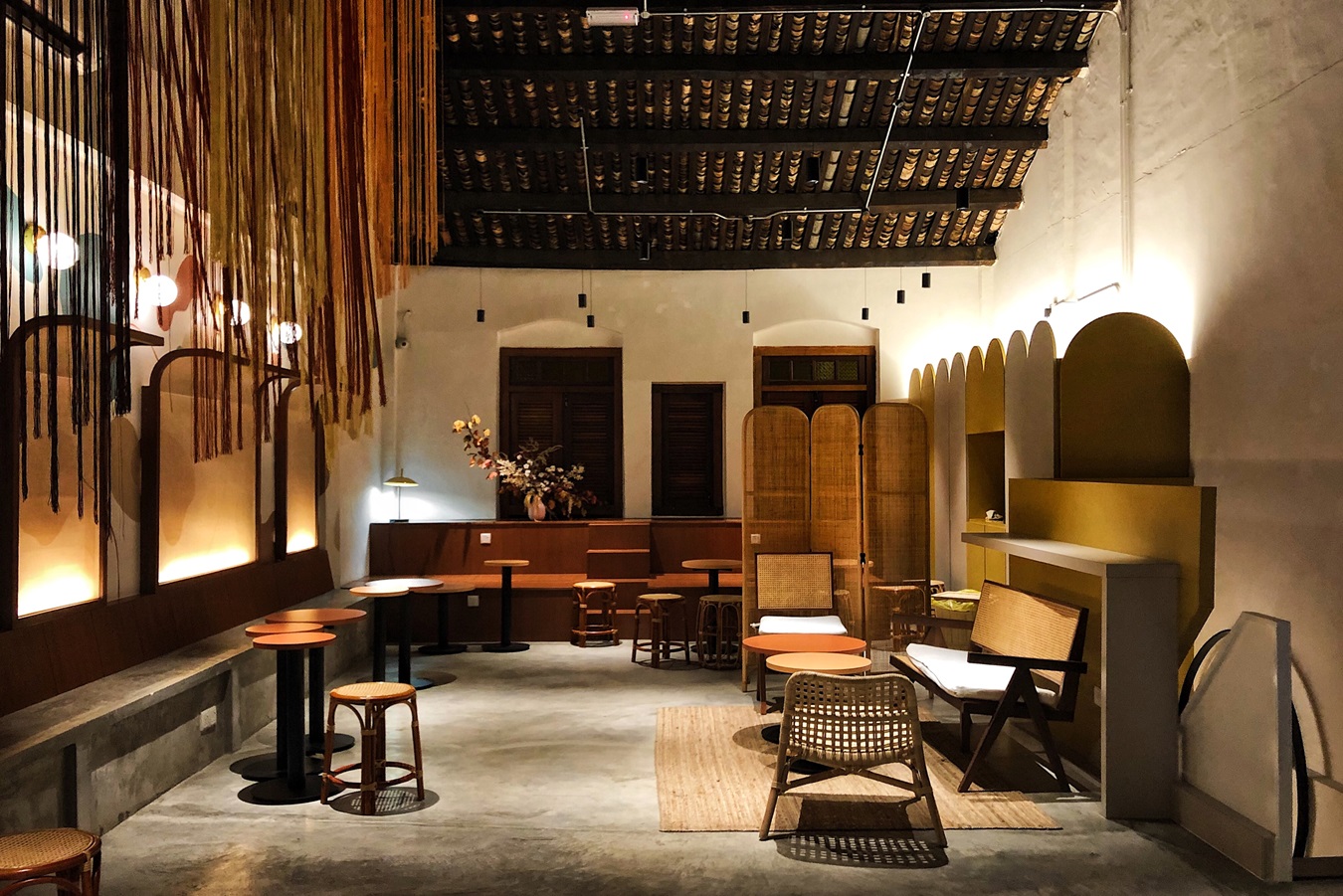 SHARE
SHARE
Understand Rent Expenses: Taxes and Cost-Saving Strategies for Businesses
Briantama Afiq Ashari
Every business definitely has routine expenses that must be managed well. Well, one of the biggest burdens is rent expense.
For those of you who are just starting to develop a business, understanding rent expense is an important step to maintain the financial health of your business.
Why is that? Because rental costs are also related to taxes, operational efficiency and long-term financial strategies.
Especially if your business is location-based, such as a restaurant, shophouse or office. Well, in this article we will examine it more deeply!
What is the Rent Expense?
So, basically In simple terms, rent expenses are costs incurred to rent property used in business operations. It could be a shophouse, office, warehouse, or business land.
These costs usually fall into the fixed costs category, because they must be paid regularly, either monthly or annually. In the business world, rent expense is an important part of operational expenses.
If not managed well, it can disrupt cash flow and even suppress the profitability of your business. So, before getting into optimization strategies, let's first discuss the factors that influence rental costs.
Read Also: How to Make a RAB: A Guide to Managing a Budget for a Culinary Business
Factors Affecting Rent Expense
Source: Freepik
1. Location
One thing that is certain is that location determines rental prices. The rent for shophouses in city centers is generally higher than in suburban areas.
- Shophouse rental prices in Jakarta
- Average: Rp 277.43 million per year
- Lowest: Rp45 million per year
- Highest: up to Rp200 billion per year
- Shophouse rental prices in Bandung – Lower than in Jakarta, around Rp125 million per year.
- Shophouse rental prices in Surabaya – For commercial areas, it can reach Rp285 million per year.
2. Property Type
Source: Freepik
Next, renting a shophouse in a strategic area is certainly more expensive than an office in a regular building. Likewise with empty land, land rental prices in Central Jakarta can reach IDR 150 million per square meter, while in Bandung it is only IDR 2 million - IDR 10 million per square meter.
3. Contract Duration
Source: Freepik
Lastly, is the duration lease, usually long-term contracts are cheaper than annual rentals. Some property owners also offer discounts if renters pay up front or take out a multi-year plan.
From here, we can see that rent expense is a flexible component and can be adjusted to business needs. So, now, you have to understand the taxes related to rent expenses, you know!
Taxes Related to Rent Expense
So, besides the burden of rental costs, there are taxes that you have to take into account. Taxes that are usually attached to property rental costs include:
- Income Tax (PPh) Article 4 paragraph 2: Usually 10% of the rental value paid.
- Value Added Tax (VAT): If the property owner is a PKP (Taxable Entrepreneur), then the rental fee will be subject to VAT at 11%.
- Land and Building Rights Acquisition Fee (BPHTB): If you buy property as an alternative to renting.
When you understand the taxes associated with this rent expense, then you can avoid fines. Apart from that, you can also manage your budget precisely and accurately.
Read Also: Want to Expand Your Business? Tips on How to Open a Business Branch that You Should Know!
Strategy for Optimizing Rent Expense
Now the question is, how do you optimize rent expenses so that your business remains profitable?
So, here are some tricks that you can apply, make sure you read them all the way through!
1. Choose the Right Location
The first strategy, namely don't just be tempted by a strategic location with expensive prices. Try to consider areas with more affordable prices, but still have potential. In essence, reconsider your location and financial conditions.
2. Lease Negotiations
Next, don't immediately agree to the price offered by the property owner. Try negotiating the price or looking for more flexible payment options. Make sure you can get the ideal price, OK!
3. Take Advantage of Tax Incentives
Third, taking advantage of tax incentives, what does that mean? So, there are several regions that provide tax incentives or rental fee reductions for MSMEs. So, make sure you check out this opportunity and take advantage of it, okay?
4. Consider Coworking Space or Shared Warehouse
Fourth, if your business is still growing, try co-working space or shared warehouse options to save on rental costs. This can reduce quite a lot of expenses, you know!
5. Pay attention to the rental contract
Lastly, make sure the rental contract does not contain additional costs that could burden the business. Also check for future price increase clauses. In essence, always check the contents of the rental contract, if necessary, ask to be accompanied by a legal person.
Conclusion
Managing rent expenses is a crucial part of maintaining business financial stability. You need to understand how to optimize it, manage budgets properly, and account for rental costs and taxes.
If you run a culinary business with multiple branches, esb.id is the perfect solution to streamline your operations efficiently.
With ESB Core, you can control all operational costs, including rent, in one integrated system. Consult with the ESB Team now!
 SHARE
SHARE




